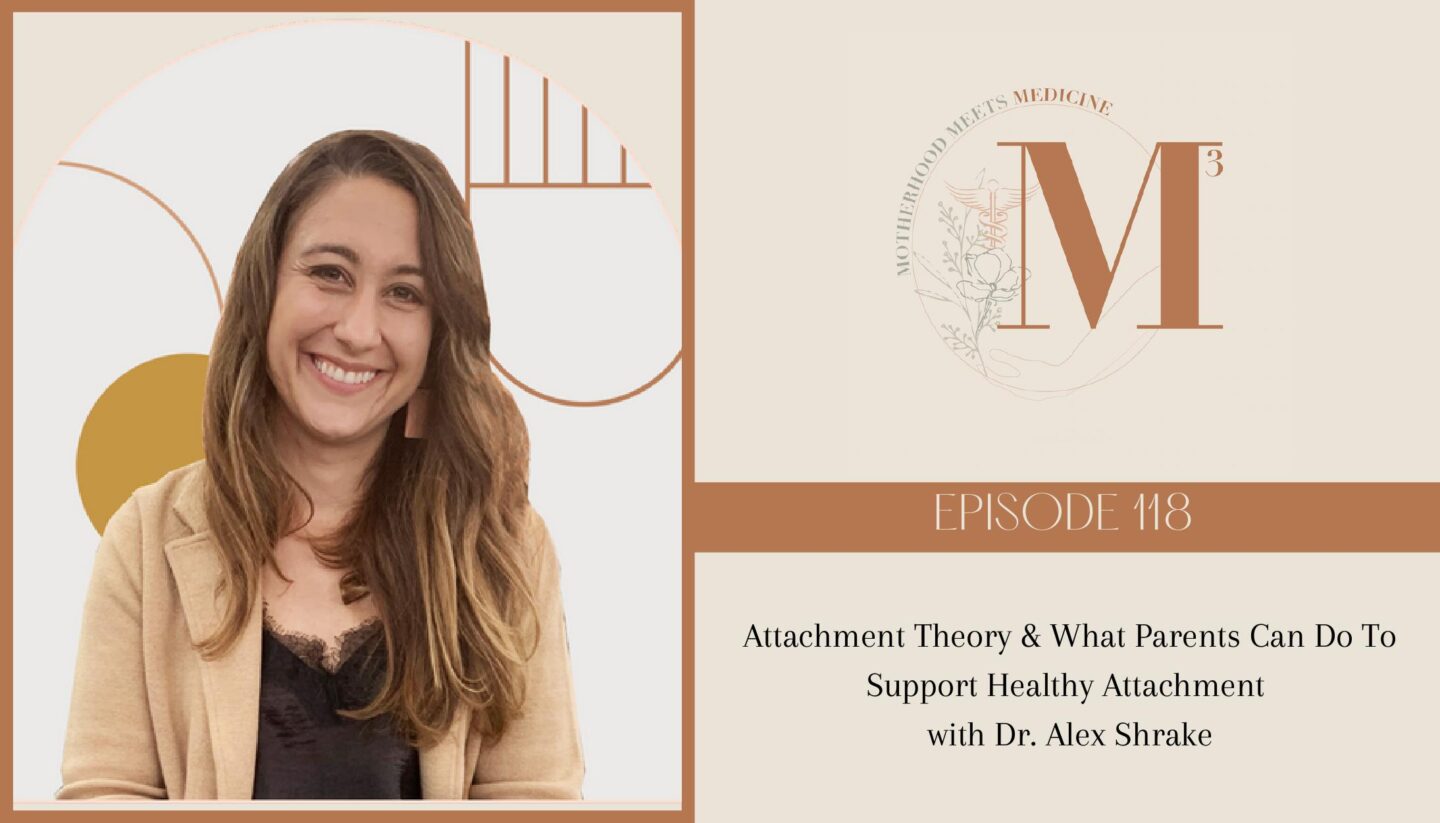hi I'm lynzy
Hello + welcome to this tiny space on the internet! I created this blog (+ changed the name twice since) 14 years ago as a creative outlet from my career in the emergency room as a PA. After spending the past 7 (or so) years on social media outlets, I have decided to delete all of the ones associated with this blog and get back to the heart of blogging.
style
home
motherhood
view all
browse by category
travel
June 13, 2023
Disclaimer: This podcast does not provide medical advice. The information on this podcast is for informational purposes only. No material on this site is intended to be a substitute for professional medical advice, diagnosis or treatment.
Subscribe to the podcast HERE if you have an iPhone – or check out this link if you want to listen on an Android or other devices.

What can we as parents do to support healthy attachment in our children? We want our children to have secure attachment in their relationships throughout their lives and know that the early years are vital to ensuring this. However, it often feels overwhelming when we are striving to get it perfect 100% of the time. But research says children still develop healthy secure attachment when we don’t get it “right” all the time.
Dr. Alex Shrake is joining me to provide insight into how we can help our children develop secure attachment. Dr. Alex Shrake is a California based Licensed Professional Clinical counselor and mom of town who specializes in supporting parents through pregnancy, postpartum and parenting during the early years.
She works with families form an attachment frame and has specialized training in supporting those who have experienced trauma. Dr. Alex Shrake also has a background in teaching and supervision counselors-in-training and consulting with preschools regarding fostering positive socioemotional development in the classroom.
In today’s episode, we talk about attachment theory, the different types of attachment styles, how to support healthy attachment, and how it may look in real life situations.
In this episode we discuss:
- What attachment theory is
- What the 4 attachment styles may look like
- The age range children predominantly develop their attachment style
- How we can start to know and understand our child’s attachment style
- How the insecure attachment styles of anxious, avoidant, or disorganized attachment might show up in adulthood
- What a parent can do to support a healthy attachment
- How we can support a child who is going into daycare or school
Resources:
Discount Codes From My Sponsors:
- AG1: Get a free one year supply of Vitamin D and 5 free AG1 travel packs with your first purchase: www.drinkag1.com/lynzy
Connect with Lynzy:
- Instagram: @motherhoodmeetsmedicine
- Sign up for the weekly newsletter here
Questions:
- What is attachment theory?
- What might each attachment style look like?
- Do people typically fall into one type of attachment style?
- When is it most prominent that a child is developing their own attachment style?
- How can parents start to know and understand what our child’s attachment style might be? How do we understand how our child’s attachment style is developing?
- How would the insecure attachment style, either anxious, avoidant, or disorganized, show up in adulthood for someone who was raised in a household that predominantly used that attachment style?
- What can a parent do to help support a healthy attachment?
- How do we help support the transition of our child going into daycare or school?